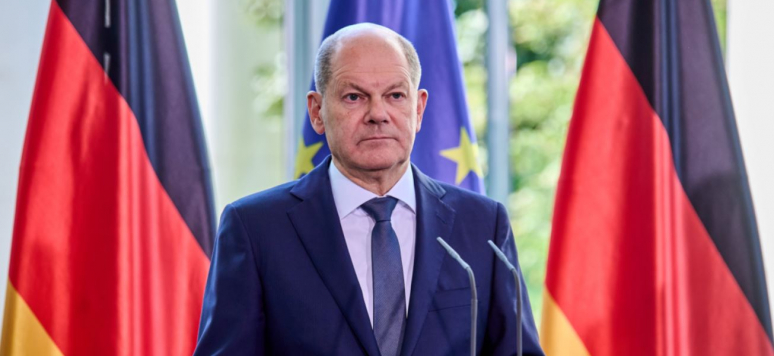The German Government's Support Plan for Households and Businesses: How to Compensate for the Double Energy and Economic Shock?
In response to Russia's illegal attack on Ukraine, EU member states have issued a series of economic sanctions against Russia. This also includes moratoria on certain products, e.g., in the energy sector.

For its part, Russia has significantly reduced its energy supplies to the EU or, for some countries, stopped them entirely. The effects of this actual economic war are being felt by both sides. Germany, which was and still is to an above-average extent dependent on Russian energy supplies, especially natural gas, is under great pressure to react to the current uncertainty in energy supply and the enormous rise in energy prices. On the one hand, the government is working on rapid diversification in the energy supply and, on the other hand, on cushioning the effects of high energy prices on the population and the economy.
Sandra Parthie is the head of the Brussels Office of the German Economic Institute (Institut der deutschen Wirtschaft – IW).
This publication is available the following languages (pdf):
GERMAN: ,,Doppel-Wumms für eine doppelte politische Herausforderung“
Related centers and programs
Discover our other research centers and programsFind out more
Discover all our analysesMerz’ European Policy-making: The End of the ‘German Vote’?
Friedrich Merz’s European ambition is to turn Germany, long seen as hesitant into a leading actor within the European Union (EU). To that end, he has pledged to end the “German vote,” a phenomenon that epitomizes the paradox of a country both indispensable and frequently absent from European decision-making.

Securing critical raw material (CRM) value chains – a prerequisite for Europe’s technological resilience
At the heart of economic security, technological resilience is a backbone of the European Union’s (EU) competitiveness. The EU’s energy and digital transitions depend on critical raw materials (CRM).

Reconciling competitiveness and demographic change: a Franco-German imperative
France and Germany are facing parallel demographic shifts that could reshape the future of their economies and their social models. These shifts reflect broader European patterns but are magnified by the central role both nations play in EU governance and competitiveness.
Taking the Pulse: Does France's Political Crisis Weaken Europe's Geopolitical Hand?
While the EU tries to navigate a myriad international challenges, France is experiencing historic political disarray. What impact will instability in Paris have on Europe's geostrategic capacity?









